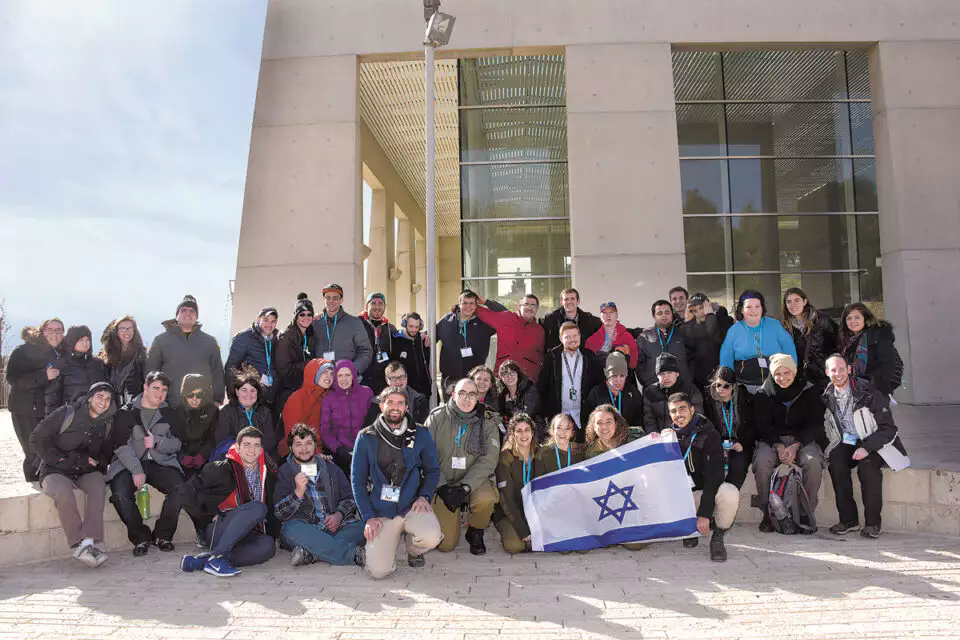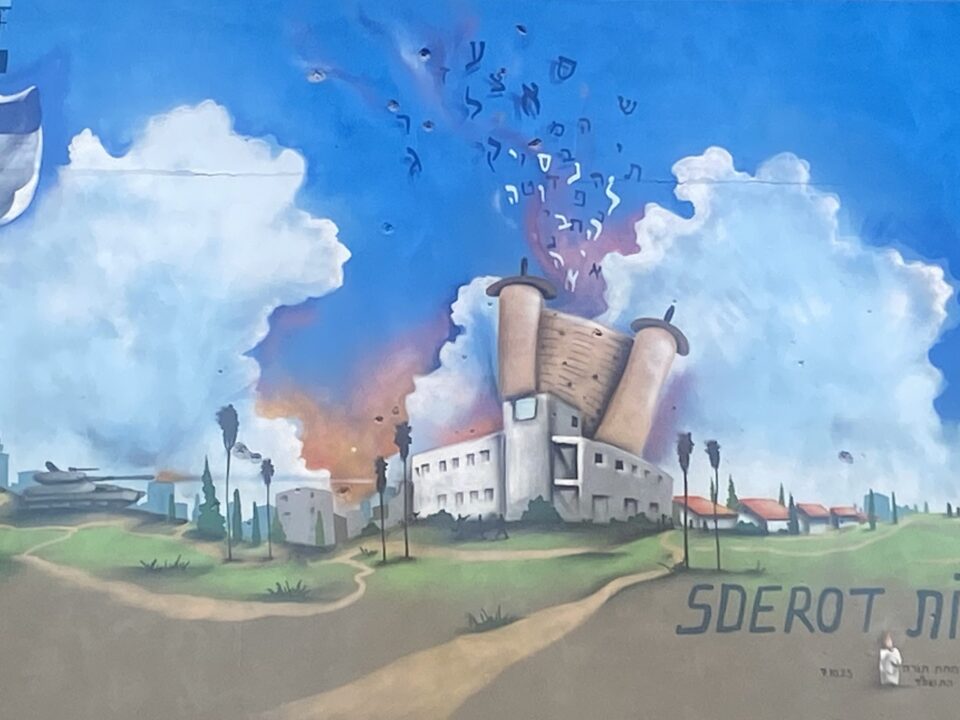
Reading is Fundamental at Seattle Hebrew Academy
November 24, 2025
But how do you know? by Nance Morris Adler
December 15, 2025According to recent studies, 90% of children and adolescents experienced situations of stress, anxiety, or fear during Israel’s “Iron Swords” war.
November 10, 2025 | Israel
According to recent studies, 90% of children and adolescents experienced situations of stress, anxiety, or fear during the “Iron Swords” war, shared the CEO of the National Council for the Child, Attorney Vered Windman, at the lobbying event for the promotion of youth villages, welfare residential facilities, and foster care that recently took place in the Knesset. If these are the statistics among “average” children and adolescents, one can only imagine the severity of the emotional situation among at-risk children and youth, who carry complex burdens with them, regardless of the complicated security reality.
The first to deal with the intensification of emotional distress among at-risk children and youth are the counselors in welfare residential facilities – those who accompany the children daily, serve as role models for them, and provide them with an anchor of support and stability.
A joint initiative of the Public Forum for Youth Villages, Welfare Residential Facilities and Foster Care in Israel, the Ministry of Welfare and Social Security, and the Israeli Coalition for Trauma, provides a response to the challenge: a unique resilience program designed for guidance teams in welfare residential facilities. The program’s goal, which has already been launched in 40 facilities across the country, is to provide counselors with practical tools and create a common language that will help them strengthen their personal and professional resilience, in order to better support the children and youth in the facilities.
As part of the program, which includes approximately 600 counselors, the counselors undergo 18 hours of focused training, during which they acquire practical tools for maintaining resilience and building the ability to cope with daily challenges. In addition, three facilitator-team meetings take place, in which the content is refined, while directing the managements of the welfare residential facilities on ways to continue strengthening the counselors after the training ends.
The program’s uniqueness, which is based on assessment and measurement tools, lies in the support provided to the facility teams and management levels: for example, facility managers receive four hours of dedicated guidance, which provides them with personally tailored tools for dealing with difficulties in the field and for developing organizational and personal resilience.
Avi Elbaz, CEO of the Public Forum for Youth Villages, Welfare Residential Facilities and Foster Care in Israel: “The resilience program that was developed and implemented for welfare residential counselors in Israel is far beyond professional training – it represents a call for national responsibility. In an era where reality challenges children and youth every day, especially after the war we experienced in the last two years, the counselors’ resilience is the resilience of the entire system.
“When the counselor is strengthened – the child receives a stable and secure anchor in their life. The added value of the program is expressed not only in reducing dropout rates or decreasing risky behaviors among the children, but in building trust, creating a stable, protective and supportive space, and fostering a sense of belonging for children without family support. I wish to express deep appreciation to the Ministry of Welfare and Social Security and to the Israeli Coalition for Trauma, who understand the magnitude of the moment and demonstrate courageous commitment to the vision.”
Tali Perlutsky, National Projects Manager at the Israeli Coalition for Trauma and who is also in charge of this project: “In recent years, and especially following the war and ongoing tension, emotional distress among children and adolescents in general and at-risk youth in particular has significantly intensified. For many of them, the counselor is the most significant and stable adult figure in their lives. The resilience program was built to strengthen the counselors — both personally and professionally. It provides them with practical tools for field implementation such as: early identification of distress, initial intervention, improving emotional regulation ability, and coping with long-term burnout. The counselor’s emotional stability is the anchor that enables children in the facility to build personal resilience.”
Chavi Zarsky, who accompanies the program on behalf of the Senior Out-of-Home Division at the Ministry of Welfare and Social Security: “The resilience program is a moving example of true partnership between the Ministry of Welfare, the Public Forum for Youth Villages, Welfare Residential Facilities and Foster Care, and the Israeli Coalition for Trauma. The Ministry of Welfare and the Public Forum together identified the need for a response for counselors, who are on the emotional front line of the facilities, and formulated a program that strengthens them professionally and mentally. In the midst of a period where emotional distress of children and adolescents is deepening following the war, the program provides field workers with tools, support and a sense of resilience – so they can continue to accompany the students with stability, sensitivity and a sense of mission.”
This article was originally published in Hebrew by Israel Hayom.




